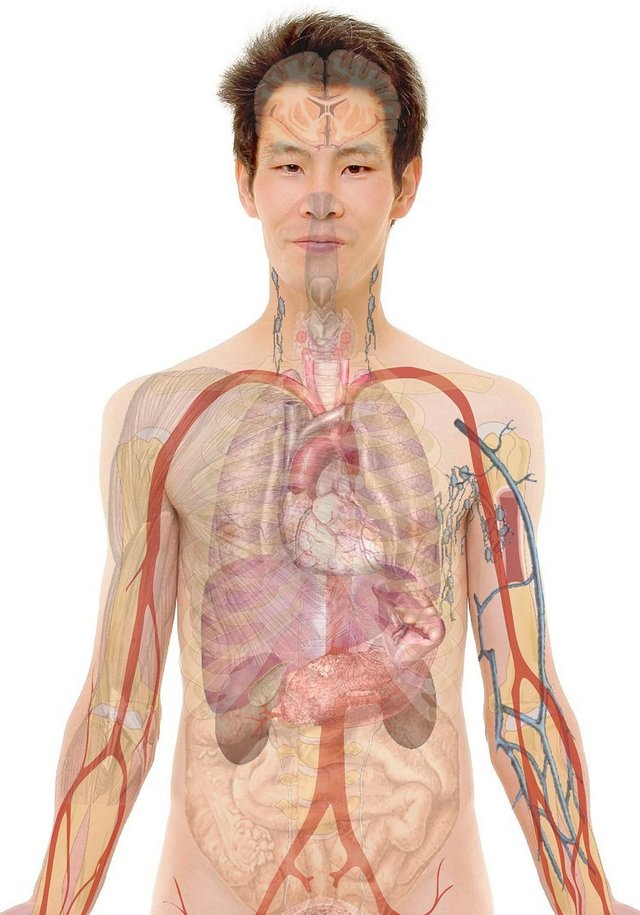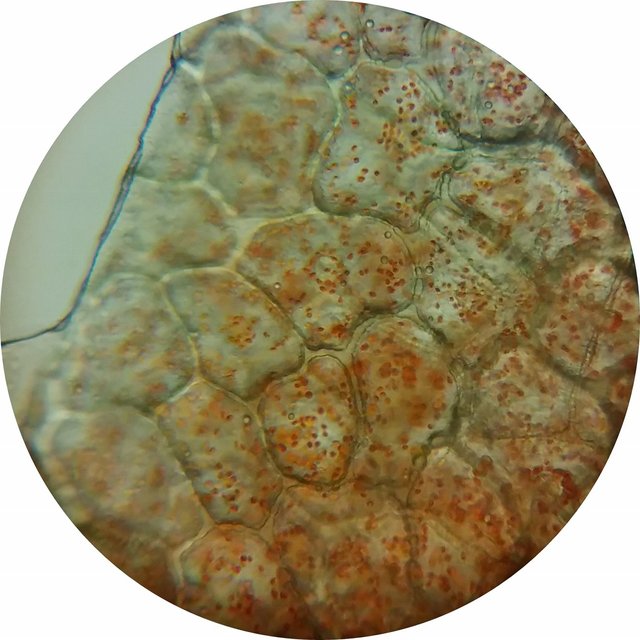Salivary Glands: Guardians of Oral Health
The saliva that constantly lubricates our mouth, allowing us to speak, taste, and digest food, originates from an often overlooked yet essential part of our body: the salivary glands. There are various shaped and sized glands, primarily around the lips and inside the mouth. Their categorization is mainly hinged on the site and arrangement.

Question: In what way is the salivary glands distinguished?
Answer:
The major are parotid, submandibular, and sublingual glands of the human salivary gland system. Parotid glands are the largest and outbreaks situated in front of the ears, on the temples. Submandibular glands are located just below the mandible (lower jaw bone), just beneath the lower lip, while sublingual (sprinkled beneath the mouth floor). These glands are different from one another by their function as well as shape.
Question: What is the function of the salivary glands?
Answer: Another organ is the salivary glands which main role is to secrete saliva which is a liquid that is useful in digestion and keeping of the mouth healthy. Our saliva is responsible for the wetness in our mouths so we can savor and swallow food. It also comprises enzymes which prepare digestion by breaking starch and by promoting the discharge of several other enzymes. It's also a hygienic factor, because saliva helps prevent bacterial infection in a mouth.
Question: Which substances consist saliva and what path saliva travels from place of production to the oral cavity?
Answer: All these elements constitute saliva, that is water, mucus, enzymes, electrolytes . Saliva develops in the salivary gland, secretory product is localized in these glands, accumulated and secreted into the mouth through small channels. The conduit through which the glands are connected to oral cavity differ in the length and connectivity. For instance, the duct of parotid gland is long one and the ducts of sublingual gland are many which pour out the saliva directly under the tongue.
Question: What diseases of the salivary glands are possible?
Nonetheless the salivary glands do not stand idle and are more susceptible to various diseases such as infections, inflammation and even malignancy. Infections of the salivary glands, known as sialadenitis, occur sinusly and can be attributed to either viral or bacterial causes that leads to inflammation, causing pain. For instance, Sjögren’s syndrome is an Irritant that occurs when antibodies of the body attack the glands and make them dysfunctional.
Any growths in or around the salivary glands may also be visually seen as benign tumors or may be malignant therefore might require some form of intervention such as surgery.
Question: What role do the bodies’ salivary glands have in maintaining oral hygiene?
Answer: The salivary glands serves as secretory glands in the maintenance of oral health since they always secrete saliva into the oral cavity. In fact, this fluid is known to contain a number of other elements that aid to a healthy mouth. For instance, saliva helps to counteract with acid produced by bacteria which can dissolve the surface of the teeth – enamel – leading to formation of cavities. It also defeated oral bacteria and possesses antibodies and antimicrobial proteins to help prevent gum diseases and oral infections. It also works well with the system of swallowing, and keeps the mouth moist enough to eat and talk normally.

source
Tiny glands in the mouth known as salivary glands greatly contribute to our general health. Besides this, their functions are incredibly wide – from digestion promotion and oral cleanliness to the ability to savor and swallow foods. Of course, they can sometimes get infected or exhibit other pathologies, but a healthy lifestyle, careful attention to teeth, and regular visits to the doctor will help these great glands to function effectively throughout the years. So, the next time you appreciate the taste of your favorite food or effortlessly swallow your drink, take a moment to thank your unsung heroes: the salivary glands.


@isha-rehman
@zoyabhatti06
@meehu


🚩 MORE AI generated content 🚩
Downvoting a post can decrease pending rewards and make it less visible. Common reasons:
Submit
Greetings dear,
I was busy because my uncle is admitted in hospital and I was there as attendant.
I was much worried when you started to downvote and not only you others were also .
Keep in notice I am a student of DVM (doctor of veterinary medicine). I collaborate with my fellow doctors and started to work collectively. We decided to divide revenue. As I was in hospital I could not counter check those posts which they send to me.
You must ask from me before any confusion.
I have attached screenshots below 👇
Downvoting a post can decrease pending rewards and make it less visible. Common reasons:
Submit
https://steemit.com/hive-128129/@the-gorilla/tips-for-spotting-ai-generated-content
Once you can fool this approach, I’ll listen.
Downvoting a post can decrease pending rewards and make it less visible. Common reasons:
Submit